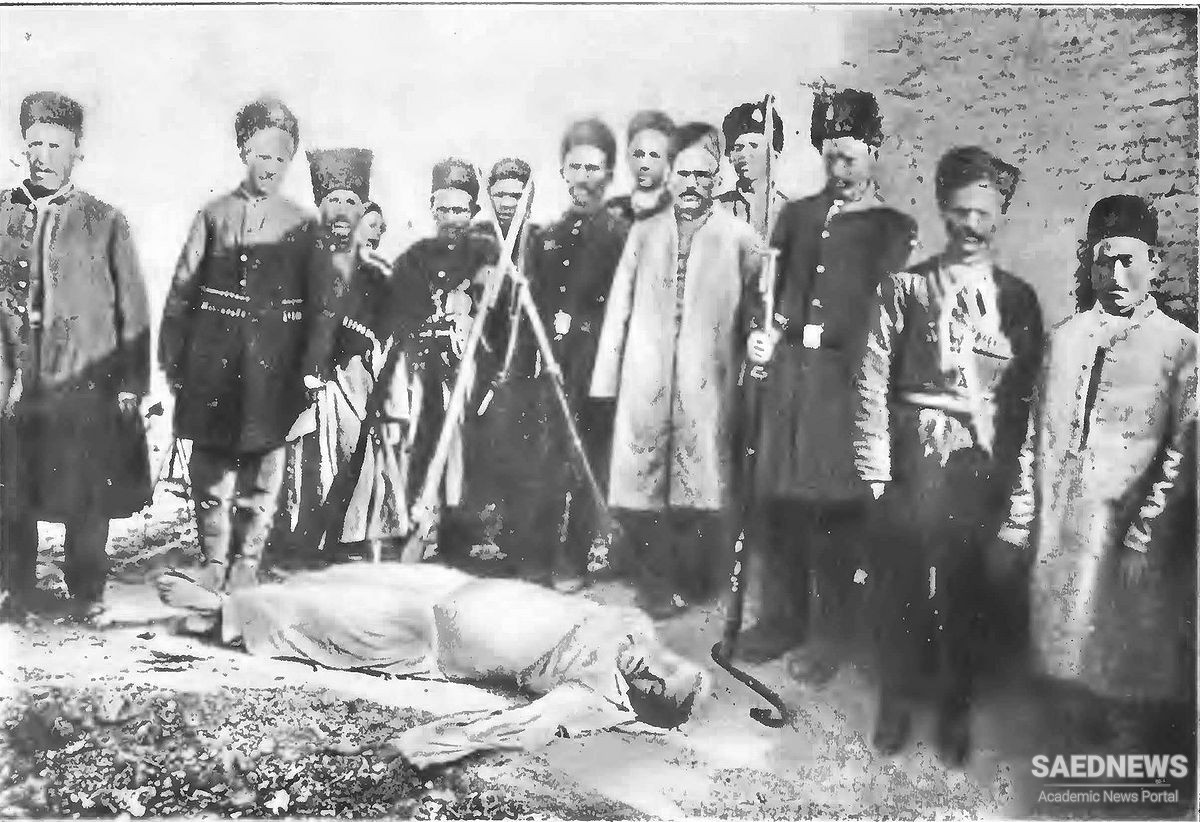One concerned a foreign loan. Muzaffar al-Din Shah, who had twice borrowed from Russia under conditions injurious to Iran, nevertheless negotiated a third loan with Great Britain and Russia. Under the Constitution the proposal was submitted to the newly opened Majlis on November 23, 1906. The plan was to obtain a loan of £400,000 in equal moieties from Russia and Great Britain in return for which these countries would control the customs houses of the north and telegraph and post offices of Iran, respectively.
The Majlis was urged by the ministers to act promptly because the fund was to be used to pay diplomatic and consular officers abroad and government personnel at home. The deputies proved impervious to government pressure; they believed that the loan provisions were in contravention of the country’s independence.“ As the debate proceeded it became clear that, as the new wielders of power, the deputies were trying to strike at the cabinet.
Haj Muin al-Tujjar, for example, stated that the nation would no longer allow the country to be mortgaged to foreign powers “in the interests of a few selfish Ministers.’’“ As an alternative, he proposed to raise a “national loan.” This was overwhelmingly approved by the Majlis, but, though “women and children” offered their small savings, the wealthy hung bade. The Tabriz merchants endorsed the proposal in principle, but made financial reform the prerequisite.” The failure of the scheme prompted the Cabinet, particularly Amin al-Sultan, the Prime Miniser, to seek to persuade the Majlis to approve a Russian loan, but on August 31, 1907, he was murdered by Abbas Àqa, a member of one of the anjumans (“political societies”).
The Second Majlis did, however, consider obtaining a loan from Russia and Great Britain in December 1909. The loan was for about $2,500,000 and contained a number of conditions that were regarded as “so dangerous to, and destructive of Persia's independence that the Majlis was compelled to reject it.” Shortly thereafter the government entered into negotiations with a private bank in London for a loan, and they were almost complete when, as the result of action by the British government, they were broken off.“ Finally, the Majlis approved a loan of £1,250,000 from the Imperial Bank of Persia in May 1911.


 The Havoc Brought upon Iran by Anglo-Russian Friendship
The Havoc Brought upon Iran by Anglo-Russian Friendship














































